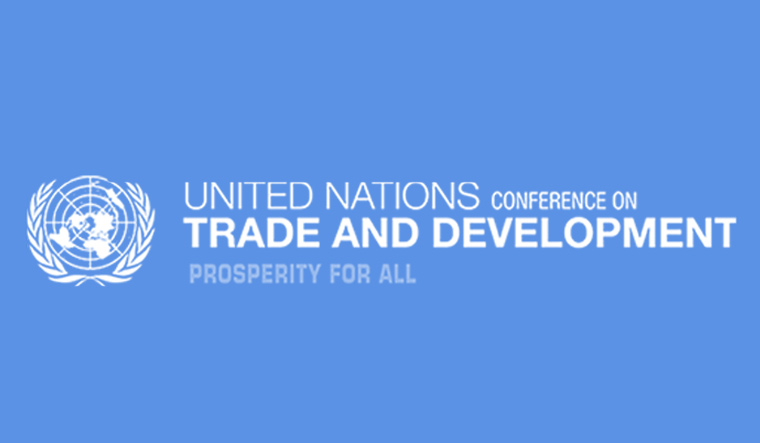By Asmau Ahmad
The United Nations Secretary-General António Guterres has urged greater support for vulnerable nations as they tackle the challenges of debt distress, lack of investment, unfair trade and the climate emergency.
He said this at the opening of the fifteenth session of the United Nations Conference on Trade and Development (UNCTD), which took place in Bridgetown, in Barbados.
Guterres said recovery from the COVID-19 pandemic must be sustainable and inclusive, warning that uneven recovery is leaving much of the world behind.
The secretary-general urged greater support for vulnerable nations while highlighting the urgent need for vaccine equity now, it is but “the first step in a much longer race,” he said, as the pandemic is putting decades of development progress at risk.
“We need to turn this around with a bold, sustainable and inclusive global recovery,” Guterres told the latest ministerial conference of UNCTAD.
“One that benefits the many, rather than the few. One that delivers hope to people — and healing to our planet. And one that levels the playing field for all countries as they support their people during this extraordinary moment in history.”
Countries cannot build back from the pandemic if they are held down by debt, which the UN chief described as “a dagger through the heart of global recovery.”
While welcoming the recent issuance of 650 billion dollars in Special Drawing Rights (SDRs), a type of foreign reserve asset created by the International Monetary Fund (IMF), he appealed for “a quantum leap in support.”
His four-point debt action plan called for re-allocating unused SDRs to vulnerable countries, including middle-income nations, and for the G20 wealthy economies to extend their debt suspension initiative, established in May 2020, through next year.
The secretary-general also reiterated his call to reform “the international debt architecture”, particularly for middle-income countries, to examine innovative measures such as debt swaps, buybacks and exchanges.
With the pandemic putting development at risk, the UN chief emphasised that countries must be supported in making “bold investments” in education, social protection, health care and decent work.
“We need to put people above profits, including through fair tax burdens, and ending tax evasion, money laundering, and illicit financial flows,” he said.
In this regard, the G20, the UN and international financial institutions should work with the Organisation for Economic Co-operation and Development (OECD) to push forward in implementing a global framework for corporate taxation so that “taxes benefit people in places where economic activity actually happens
The world’s poorest countries should also benefit from trade and investment, both of which have been derailed by the pandemic.
The UN chief again pressed for commitment to achieve carbon neutrality by mid-century through measures such as phasing out subsidies for fossil fuels;
He also reminded richer countries of their decade-old promise to provide 100 billion dollars annually in climate finance to support the developing world.
The UNCTAD ministerial conference, which takes place every four years, is a platform for dialogue on key and emerging issues affecting the global economy.
The UN chief described it is “the Olympics of trade, development, investment, policy and technology discussions”, and the discussions there can help the world to both learn from past mistakes and avoid repeating them.
Newly appointed UNCTAD Secretary-General Rebeca Grynspan, reminded participants of what they could achieve, for instance, in making trade and logistics more resilient and sustainable.
Grynspan, who is the first woman to head the agency, said participants could make trade more resilient and sustainable in closing the so-called digital divide, promoting investment in developing countries, and fostering more inclusive decision-making.




